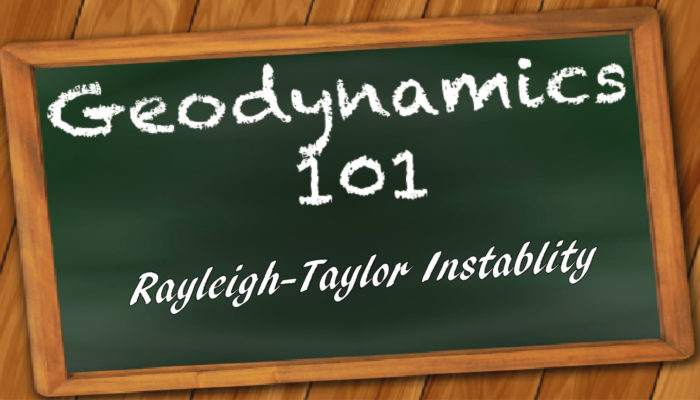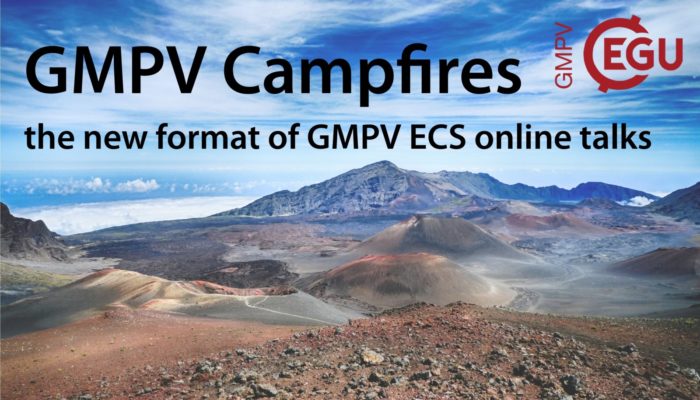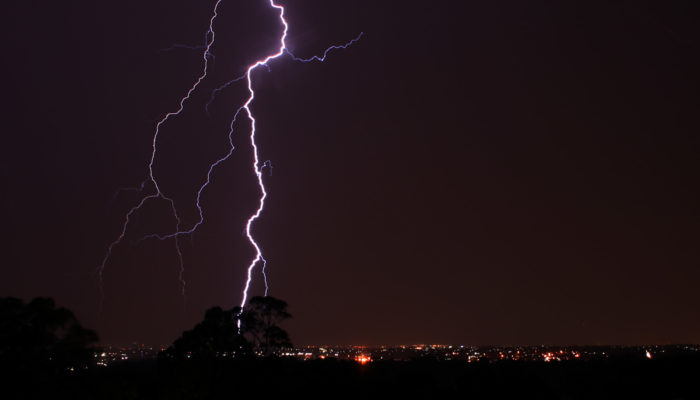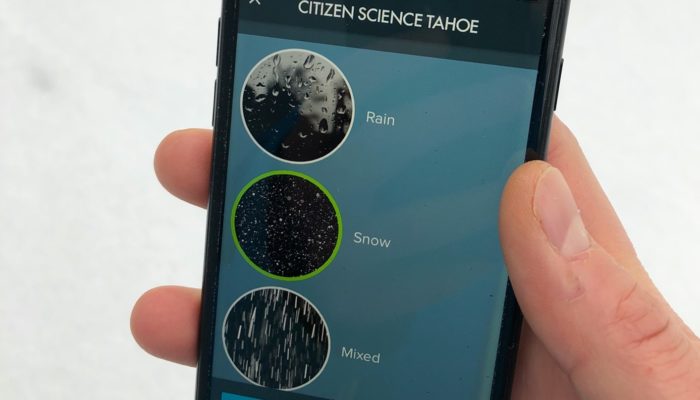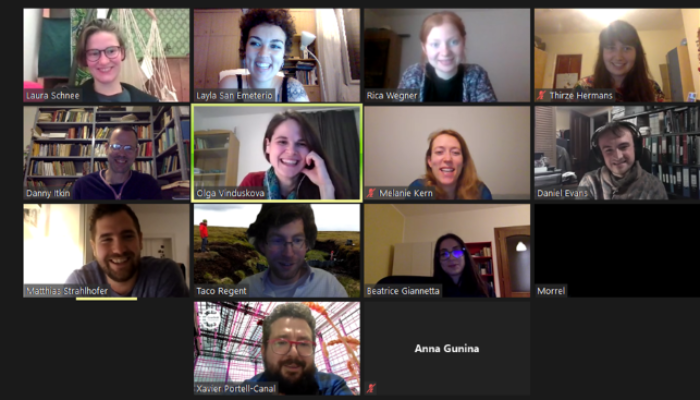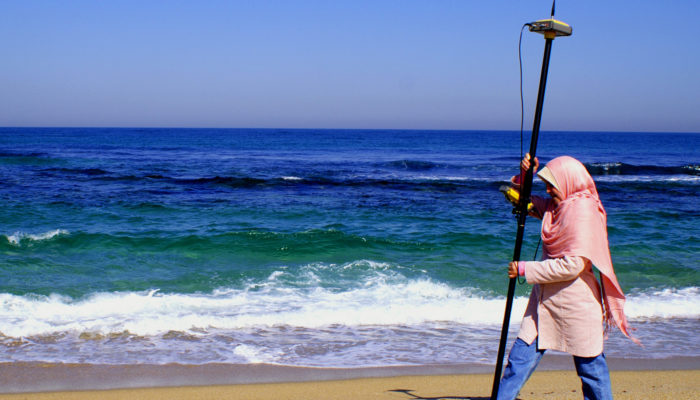Flow against gravity is a common feature in the geodynamic phenomenon. In this week’s Geodynamics 101, Dip Ghosh from Jadavpur University Geodynamics Lab will explain the fundamentals of Rayleigh-Taylor instability: A key to understanding the anti-gravity flow. It has long been realized that most of the geodynamic processes can be described in terms of slow viscous flow. Thus, like many othe ...[Read More]
GeoLog
Imaggeo On Monday: Increasing Moon – seen from Hamburg
The image shows the increasing moon on March 16, 2016, seven days before the full moon. 53.3% of the lunar front are already illuminated. The moon does not glow on its own, but its surface reflects the sunlight. The sun always illuminates a complete half of the moon, which, in its orbit around the earth, always turns its face (which we see at full moon) toward the earth. The reason for the ...[Read More]
Natural Hazards
Education in pandemic times, a digital help
It has been a long year since the start of the COVID-19 pandemic. We all had to adjust and deal with a completely new reality, and it hasn’t always been easy. The adjustment has involved every aspect of life including the education system. When contact restrictions are in place and you cannot meet in person your students, your teachers, how do you continue to provide this crucial service? All univ ...[Read More]
Tectonics and Structural Geology
TS Must-Read – Tapponnier et al. (1982) Propagating extrusion tectonics in Asia: New insights from simple experiments with plasticine
In “Propagating extrusion tectonics in Asia: New insights from simple experiments with plasticine”, Tapponnier and co-authors (1982) describe one of the most famous analogue experiments in the history of Earth Sciences. The experiment was performed in the laboratories of Rennes (France), at the beginning of the ‘80s. The article aims to shed light onto the large-scale effects caused by the India- ...[Read More]
Geochemistry, Mineralogy, Petrology & Volcanology
GMPV Division Campfires: the new format of GMPV ECS online talks
Once a month, with the EGU GMPV Early Career Scientists (ECS) Committee, we feature online talks run by ECS covering the whole range of topics within the GMPV sphere. Starting with a ‘good first take’ in June 2020, thanks to the enthusiastic participation of 27 ECS speakers from all over the world, and an average of 70 attendees per session, it’s now time to introduce new features! Here we want ...[Read More]
Atmospheric Sciences
Using cloud microphysics to predict thunderstorms: How modelling of atmospheric electricity could save lives
The last three decades were the warmest in the history of meteorological observations in Europe. Temperature rise is accompanied by an increase in the frequency and magnitude of extreme weather and climatic events, which are the main risks for population and environment associated with modern climate change. An important class of such phenomena includes severe rainfall, tornadoes, squalls, and thu ...[Read More]
GeoLog
New for EGU in 2020
2020 was a year of new challenges and new ways of working for many. As thousands of people began working in news ways, embracing digital life even more than had previously been imagined, EGU was also trying new things – not least of which our emergency online replacement for the General Assembly in the spring of 2020: Sharing Geoscience Online. Because of the number of changes we went throug ...[Read More]
Cryospheric Sciences
Rain or snow? Answering the question with citizen scientists
As a New Englander interested in weather, I was used to a fairly intuitive air temperature split between rain and snow. Once air temperature got slightly above freezing, I’d commonly see rainfall with snowfall more frequent below freezing. Then something happened when I moved to the Intermountain West of the United States. Instead of seeing rain when it was slightly above freezing, I’d see snow at ...[Read More]
Soil System Sciences
ReSOILutions in Soil Science for 2021
On Thursday 4th February, the EGU’s Soil System Sciences (SSS) Division held its first ever Campfire. Launched across the EGU in 2019, EGU Campfires are small, informal events that are set up for members of a division, particularly the Early Career Scientists (ECS), to get to know one another, exchange ideas and views, fuel collaboration, build long lasting friendships, and strengthen professional ...[Read More]
GeoLog
The women of EGU in 2021!
Happy International Women in Science Day 2021! We at EGU are very lucky to have many outstanding women who participate in the running of the European Geosciences Union. We are delighted to introduce you to just a few of our hard working, inspiring, creative and passionate women of EGU – especially as several of them will be stepping down at the General Assembly this year as their terms of se ...[Read More]

